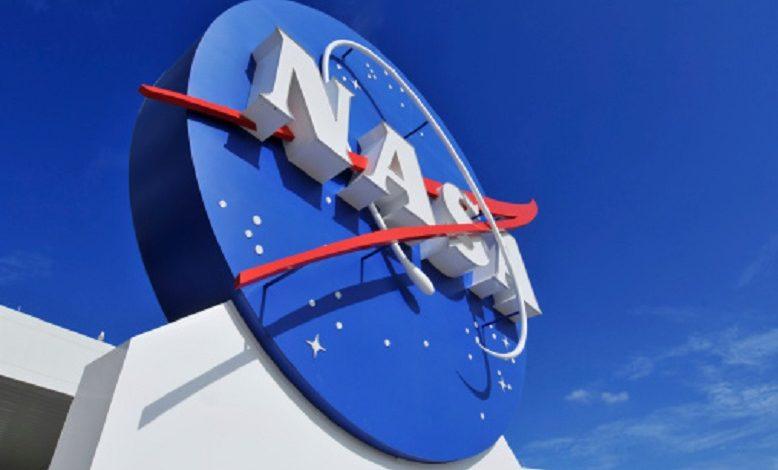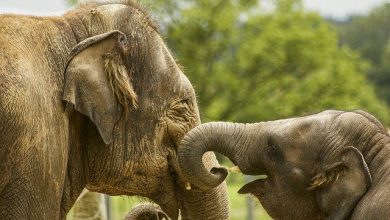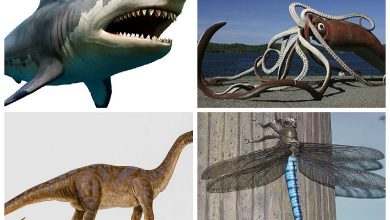Why NASA is sending baby octopuses to the ISS

NASA is sending more than 100 baby octopuses and 5,000 microscopic animals to the International Space Station today. That reports the British public broadcaster BBC.
The animals, together with material for experiments with the Falcon 9 launch vehicle of Space X, the space company of Tesla CEO Elon Musk, are launched towards the ISS.
The experiment could help develop protective measures around the health of astronauts during long space missions.
NASA
The 128 squids will be used in experiments on the effect of space travel on interactions between microbes and animals. The squid has an immune system similar to that of humans. The experiment could help develop protective measures around the health of astronauts during long space missions, NASA
Immune system
“Animals, including humans, rely on microbes to have healthy digestion and immune systems. We don’t fully understand how space travel influences these positive interactions,” said lead researcher Jamie Foster. The octopuses will help provide answers “to these important issues in animal health”.
The creatures will be frozen before returning to Earth. 5,000 Tardigrada or tardigrades accompany them. These microscopic creatures can survive in more extreme conditions than most other life forms, making them ideal for observing how living things react and adapt to extreme conditions.




